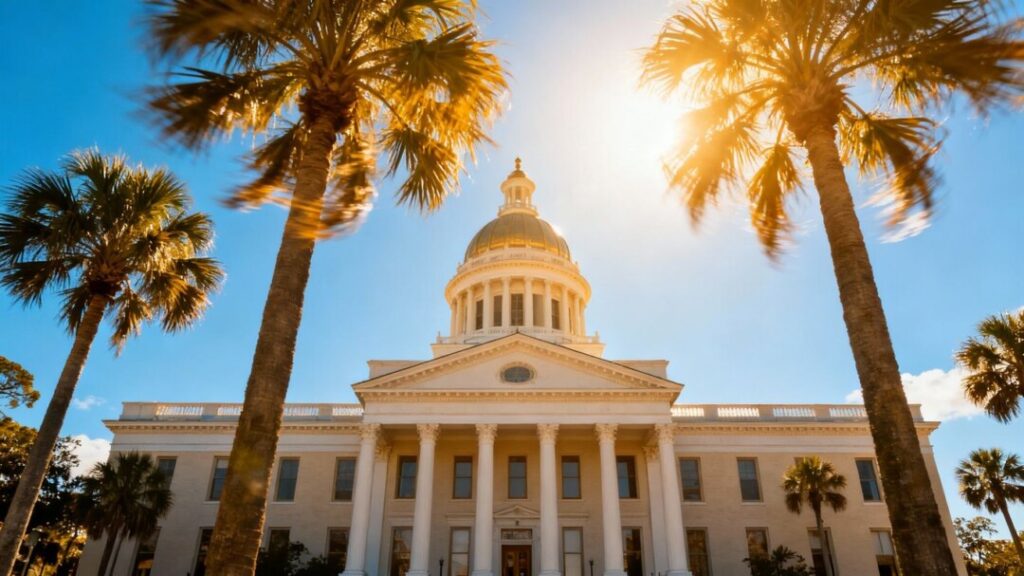Florida lawmakers are embarking on a significant effort to overhaul the state’s intricate property tax system, with the ultimate goal of presenting a constitutional amendment to voters in 2026. The initiative is driven by concerns over the tax burden on seniors and disparities created by existing exemptions.
Key Takeaways
- The Florida House is actively examining the property tax system, with a potential ballot measure in 2026.
- A primary focus is on easing the tax burden for seniors, particularly those who own their homes outright.
- The "Save Our Homes" provision is identified as a source of tax inequity between long-term and new homeowners.
- Rural counties rely more heavily on state funding for schools due to lower property tax collections.
Understanding the Complexity
A House panel has dedicated significant time to understanding the nuances of Florida’s property tax structure, including "truth in millage" calculations and the numerous exemptions available. This detailed examination underscores the complexity of the system and the need for a comprehensive approach before any decisions are made. The "Save Our Homes" cap, which limits annual increases in assessed property values to 3%, is a particular point of discussion. While it benefits long-time homeowners, it can create substantial tax differences compared to new buyers, especially in high-cost areas like South Florida.
Impact on Homeowners and Governments
Economists have highlighted that seniors who own their homes without a mortgage are more sensitive to rising property tax bills. With nearly two-thirds of Florida seniors falling into this category, the potential for tax relief is a significant consideration. The proposed reforms have also drawn the attention of local governments, including cities and counties, which rely heavily on property taxes for funding essential services like police and fire departments. Representatives from the Florida League of Cities and the Association of Counties are expected to provide input.
Rural vs. Urban Tax Landscapes
Data presented to the committee reveals significant variations in property tax reliance across the state. Smaller, rural counties often depend on state funding for a large portion of their school budgets, with property taxes contributing a smaller share. In contrast, urban counties tend to have a more balanced mix of state and local funding for schools. The "Save Our Homes" provision exacerbates these differences, providing greater benefits to long-term residents in areas with rapidly appreciating property values.
Sources
- Florida House begins work on property tax overhaul, Tallahassee Democrat.
- What does ‘One Big Beautiful Bill’ mean for Florida’s housing?, Sarasota Herald-Tribune.


